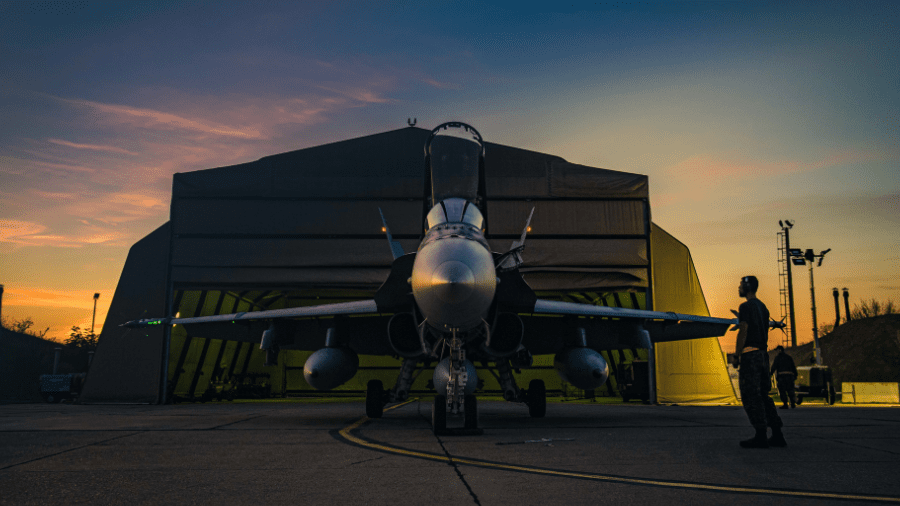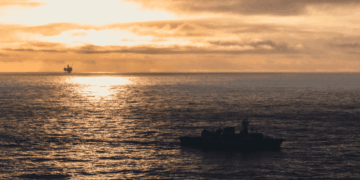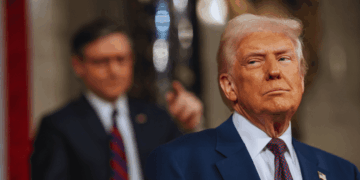This article originally appeared in the Globe and Mail.
By Rob Huebert, June 23, 2023
NATO is currently wrapping up its largest-ever air defence exercise, and Canada is notably absent.
The 11-day event, Air Defender 23, is taking place in the skies over Germany. Twenty-five nations are participating – 23 NATO members, one NATO hopeful (Sweden) and Japan. More than 250 aircraft and 10,000 troops are involved. Planning began four years ago, after Russia’s first invasion of Ukraine in 2014.
Given its size, the exercise is intended to demonstrate NATO’s solidarity and capability to Russia. Of NATO’s 31 member states, eight are not participating: Albania, Iceland, Luxembourg, Montenegro, North Macedonia, Portugal, Slovakia and Canada. The first five have no fighter aircraft, or in some cases no air force at all. Slovakia recently retired its ex-Soviet fighters and is awaiting 14 F-16s ordered from the U.S. Canada and Portugal are the only NATO countries with fighter jets that skipped this landmark exercise.
The reason given for Canada’s absence, according to Department of National Defence spokesman Daniel Le Bouthillier, was “it was a planning decision given many of our aircraft and personnel are currently committed to modernization activities.” In other words, it was too busy dealing with an aging fleet and preparing for the new aircraft. It’s a weak excuse, given that Canada had four years to prepare for this exercise, which is of critical importance to NATO and Western security.
NATO exists primarily to deter aggressive action against any of its members. Thus, as the current Ukrainian counter-offensive rages, the need to illustrate NATO’s resolve is important. Russia must be convinced that NATO’s capability is rock solid. Air Defender 23 is critical in showing the resolve and ability of NATO’s collective air forces to confront any threat that could emerge from a desperate Russia, should Ukraine persevere. Canada has forfeited a key moment to visibly support this effort.
The Royal Canadian Air Force has lost a golden opportunity to learn alongside its allies. This is the first time NATO has ever trained on such a large scale. Modern air combat skills cannot be acquired through Zoom. In a 31-member-state alliance, nothing replaces live training. Things go bad in warfare, and if you have not trained together, things can go bad even quicker. Mistakes will be made, but can be corrected through training. Allies that have not had the chance to train collaboratively will come to appreciate the challenges they face together. While the RCAF does continue to train with the United States Air Force, given the scope of threats it faces from Russia, it also needs to train with the other NATO allies.
Canada also lost the chance for its aircraft to exercise with the ground troops it has based in Latvia. Past deployments in Iraq and Afghanistan demonstrated the importance for different elements of the Canadian Forces to exercise together in order to achieve their fullest capacity in conflict. Whether or not Canada has valid reasons for not attending Air Defender 23, our ground troops have lost a huge opportunity for critical training.
When the DND says it’s focused on the process of modernizing its fleet, that means it does not have enough pilots and aircraft to send any to Europe. But the government’s decision to spend $1-billion to purchase 18 Australian F-18s in 2017 was designed to ensure that Canada could meet its NORAD and NATO commitments. With approximately 75 CF-18s in its fleet, could Canada not spare enough aircraft for this exercise? If this is the case then the government must be held accountable for allowing such a shortage to arise.
We know that out of 25 NATO members that have jet fighters, we’re one of two on the sidelines. This bruises our reliability regarding NATO’s commitment to deterrence in an increasingly dangerous world. It shows how ill-prepared Canada is because of the government’s refusal to upgrade its fighter force in a timely manner. We need to have governments stop making key procurement decisions based on how it serves their own political needs and instead on the basis of keeping Canadians secured.
As a result, the men and women in the Canadian Armed Forces have been denied the chance to train in an environment that, one day, they may be ordered to fight in, and Canadian security has been harmed. Canadians deserve better.
Rob Huebert is a senior fellow at the Macdonald-Laurier Institute.








